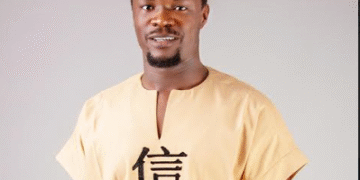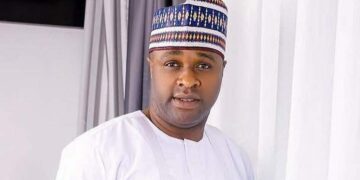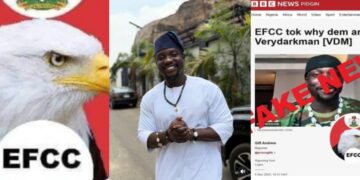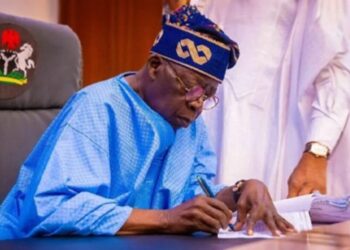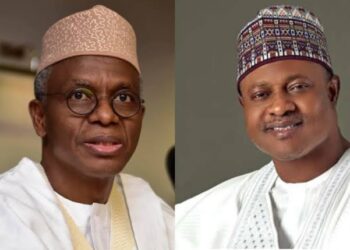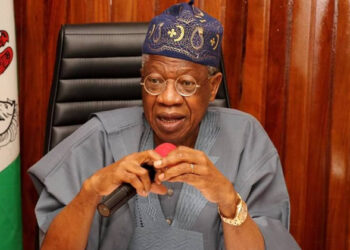
Former Rivers State Governor and ex-Minister of Transport, Rotimi Amaechi, has opened up about why he didn’t support President Bola Ahmed Tinubu during the last election. Speaking at a public lecture to mark his 60th birthday, Amaechi revealed he made it clear to Tinubu that he wouldn’t vote for him or help his campaign.
“I met President Tinubu in Yola and told him directly—I won’t work for you, and I won’t vote for you,” Amaechi said.
He explained that his decision wasn’t about party loyalty, whether to the All Progressives Congress (APC) or the Peoples Democratic Party (PDP), but about what he saw as a lack of leadership capacity. “People say I don’t support APC or PDP. That’s because I believed there was a serious issue with capacity,” he added.
The lecture, themed “Weaponization of Poverty,” was held in Abuja and attended by a high-profile audience, including Emir of Kano Sanusi Lamido Sanusi, Nobel Laureate Prof. Wole Soyinka, former Kaduna Governor Nasir El-Rufai, Bayelsa Governor Seriake Dickson, former Vice President Atiku Abubakar, Cardinal John Onaiyekan, and several traditional rulers.
During his speech, Amaechi didn’t hold back his criticism of Nigeria’s political culture. He argued that religious and ethnic biases are hurting the country and blamed voters for enabling bad leadership.
“Leaders don’t care about the poor because they know once they’re in office, Nigerians won’t hold them accountable. Even when people protested, the President responded by raising fuel prices—because they know nothing will happen,” he said.
Amaechi also emphasized the need to prioritize competence over tribal or political affiliations. “Nigeria isn’t suffering because of its leaders alone. The problem lies with the followers too,” he said. “We call ourselves a capitalist country, but real capitalists invest in production. What do we produce? We just live off crude oil revenue.”
He also shared a personal disappointment from his time as Minister of Transport. “I appointed someone hoping she’d bring change, but instead, her focus was on speaking Hausa/Fulani to the President, not on doing the job,” he said.
On the issue of religious and regional divisions, Amaechi argued that ordinary Nigerians don’t actually have problems with one another. “A Muslim from the North doesn’t hate a Christian from the South. But during elections, the politicians use religion to divide us,” he said.
Pointing to the economic struggles many Nigerians face, he added, “Now we have a Muslim-Muslim ticket. Let’s see what that has done for us. We’re all hungry. If you’re not hungry, I am.”

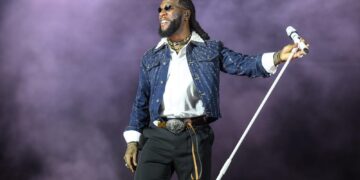

![Viral House Party Video Sparks Conversation on Changing Social Norms Among Nigerian Mothers [Watch Video]](https://kumornews.com/wp-content/uploads/2026/02/Viral-House-Party-Video-Sparks-Conversation-on-Changing-Social-Norms-Among-Nigerian-Mothers-Watch-Video-1-360x180.jpg)


